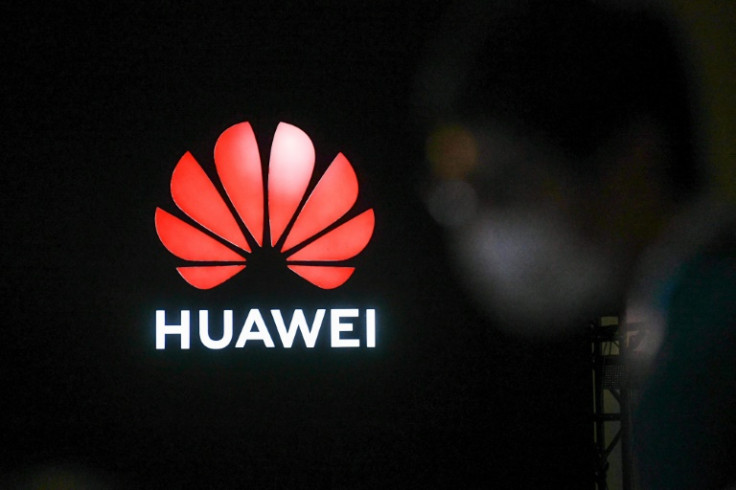Huawei's AI Laptop Launch Stirs Criticism From Members Of The US Congress

Republican lawmakers in the US criticized the Biden administration's handling of Chinese telecoms giant Huawei on Friday.
Huawei introduced the MateBook X Pro laptop, featuring Intel's latest Core Ultra 9 processor. This launch sparked concerns among Republicans, who interpret it as an indication that the Commerce Department has greenlit shipments of the new AI chip to Huawei.
Republican Representative Elise Stefanik took to social media to assert that the existence of the laptop confirms the Commerce Department's approval of these shipments.
In 2019, the United States added Huawei to a trade restriction list due to violations of Iran sanctions, as part of a larger strategy to impede Beijing's technological progress. Being on this list requires Huawei's suppliers to obtain a special and often challenging-to-acquire license before they can ship products to the company.
Under a license issued by the Trump administration, Intel (INTC.O) has been permitted to ship central processors to Huawei for use in laptops since 2020. Some hardliners on China policy had urged the Biden administration to revoke this license. However, many reluctantly acknowledged that it would expire later this year and would not be renewed.
"One of the greatest mysteries in Washington, DC is why the Department of Commerce continues to allow U.S. technology to be shipped to Huawei" Republican Congressman Michael Gallagher, who chairs the House of Representatives select committee on China, said in a statement to Reuters.
Citing sources familiar with the matter, the news agency clarified that the chips were shipped under an existing licence and aren't covered by recent restrictions on AI chip shipments to China.
During a Senate subcommittee hearing this week, Kevin Kurland, an export enforcement official, highlighted that Washington's restrictions on Huawei have had a "significant impact" on the company's access to U.S. technology. He emphasized that the objective was not necessarily to halt Huawei's growth but rather to prevent it from misusing U.S. technology for "malign activities."
The reaction underscores increasing pressure on the Biden administration to take stronger measures to impede Huawei's ascent, nearly five years after the company was first placed on a trade restriction list.
The Shenzhen-based company has been at the centre of an intense standoff between China and the United States -- Washington has warned that its equipment could be used for espionage by the Chinese government, an allegation Huawei denies.
Huawei remains the world's leading equipment manufacturer for 5G, the fifth generation of mobile internet, and has been involved in infrastructure projects in many countries.
© Copyright IBTimes 2024. All rights reserved.






















